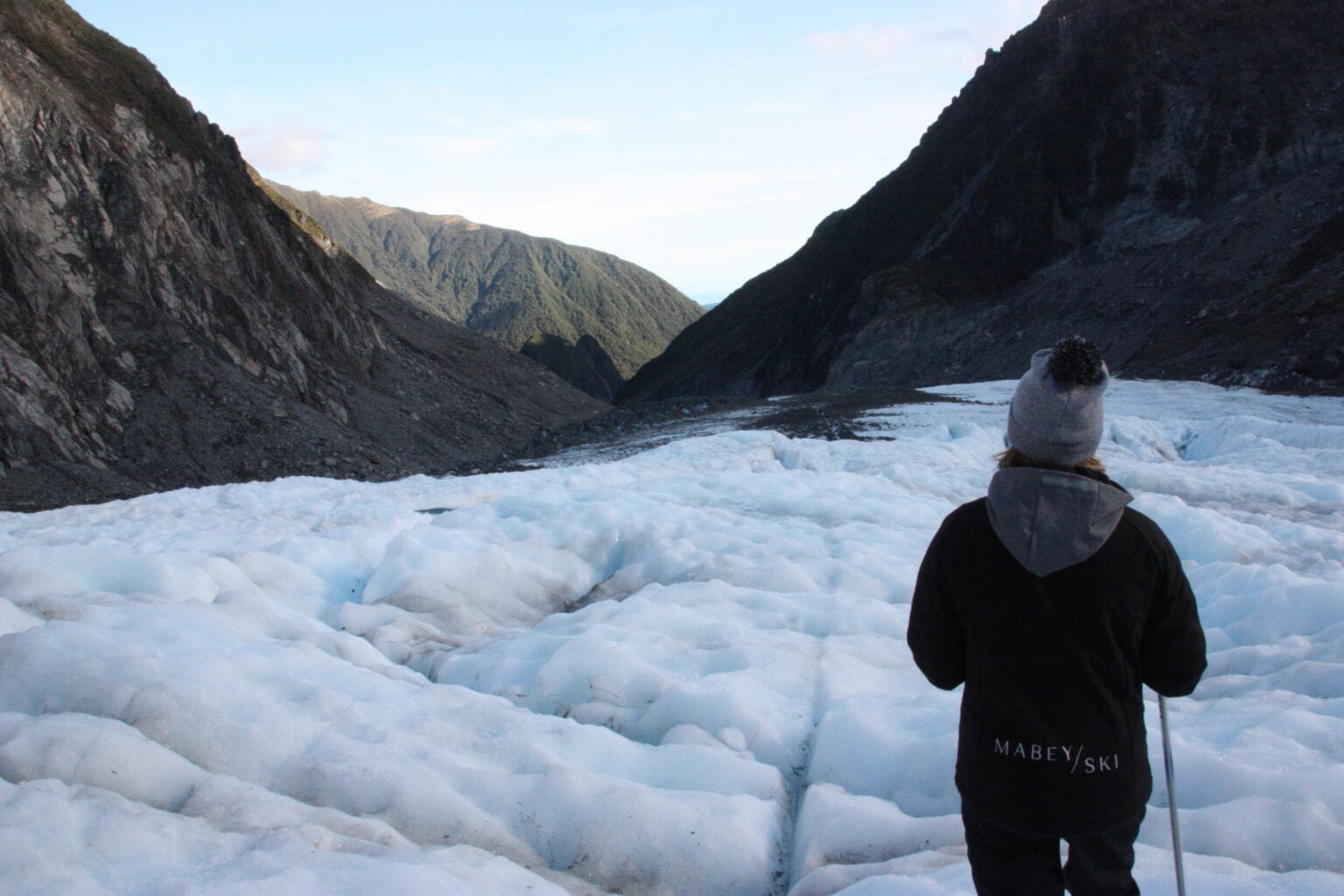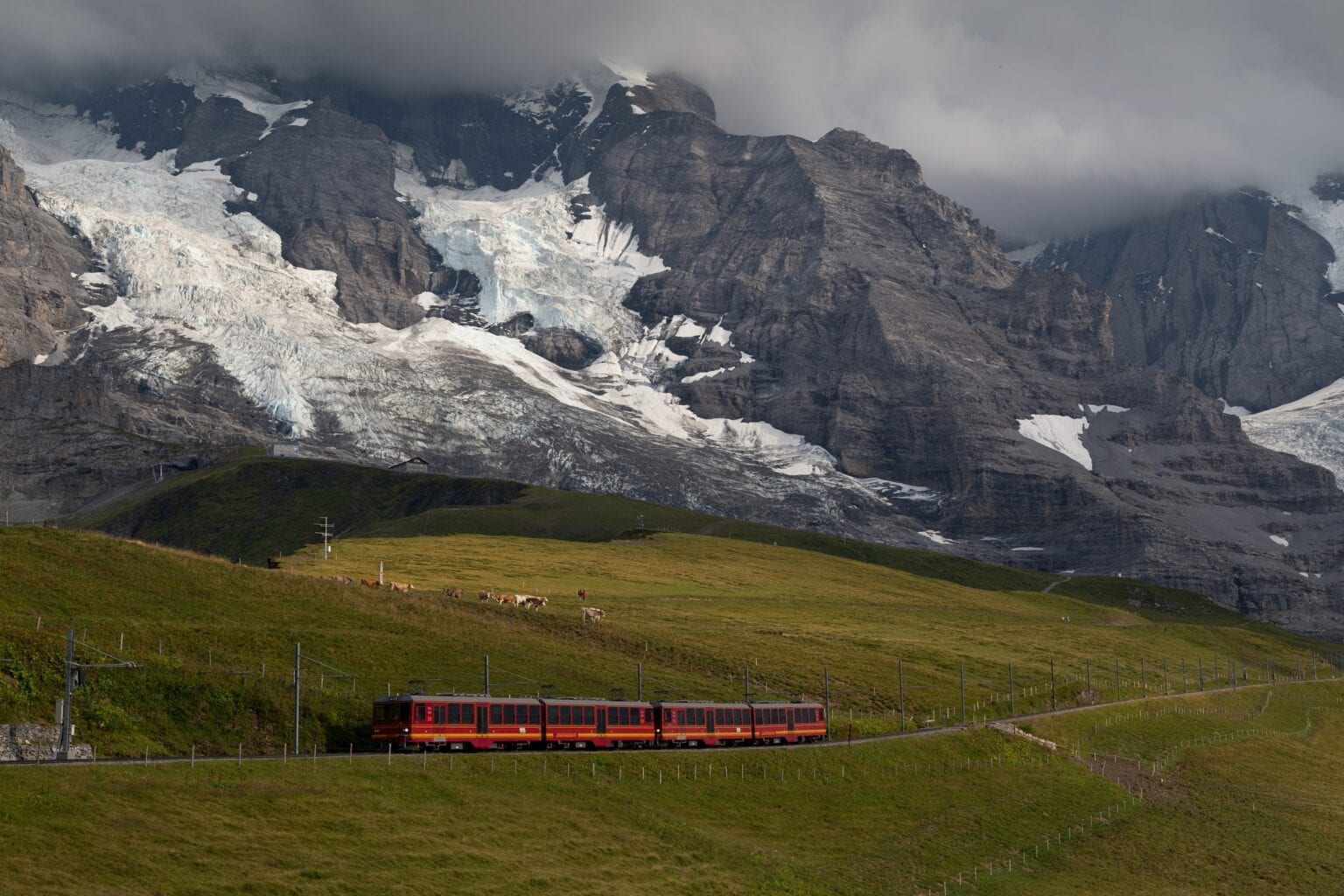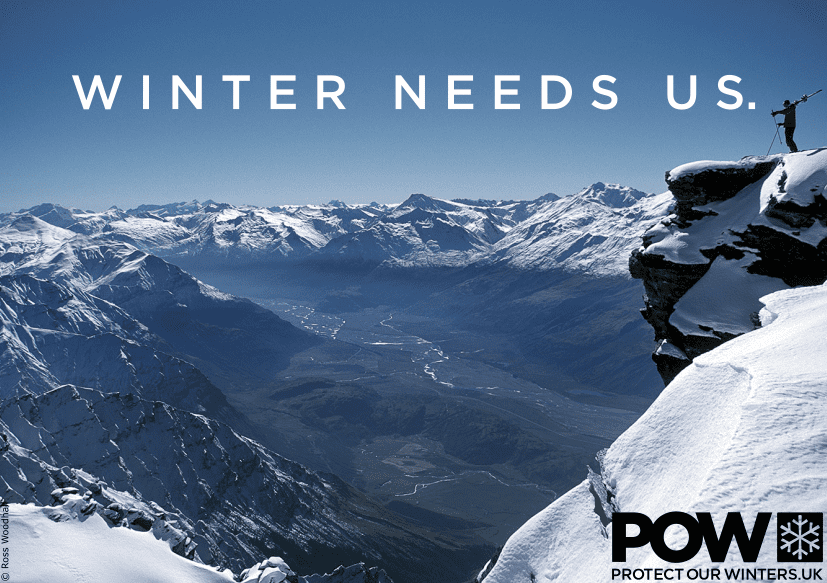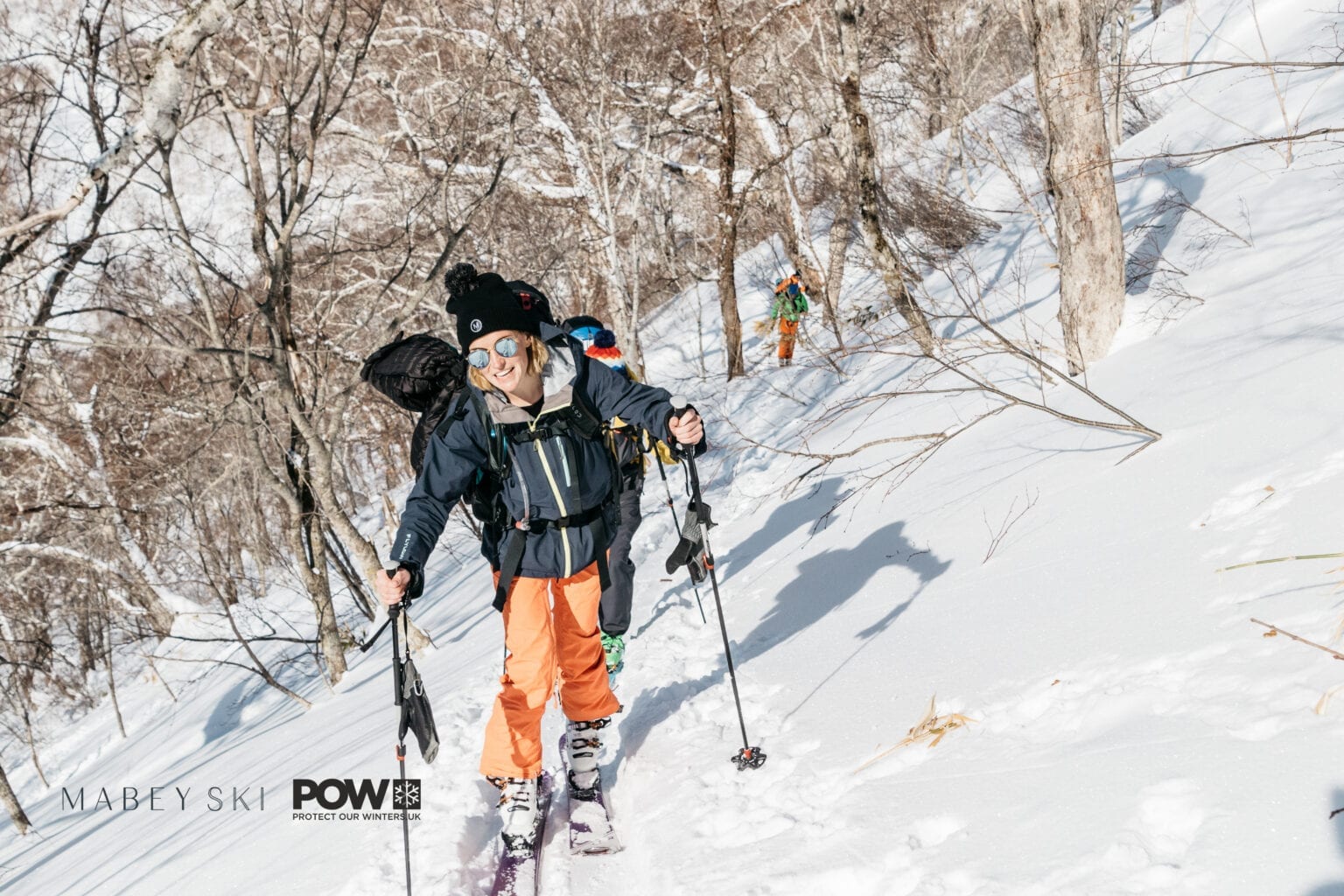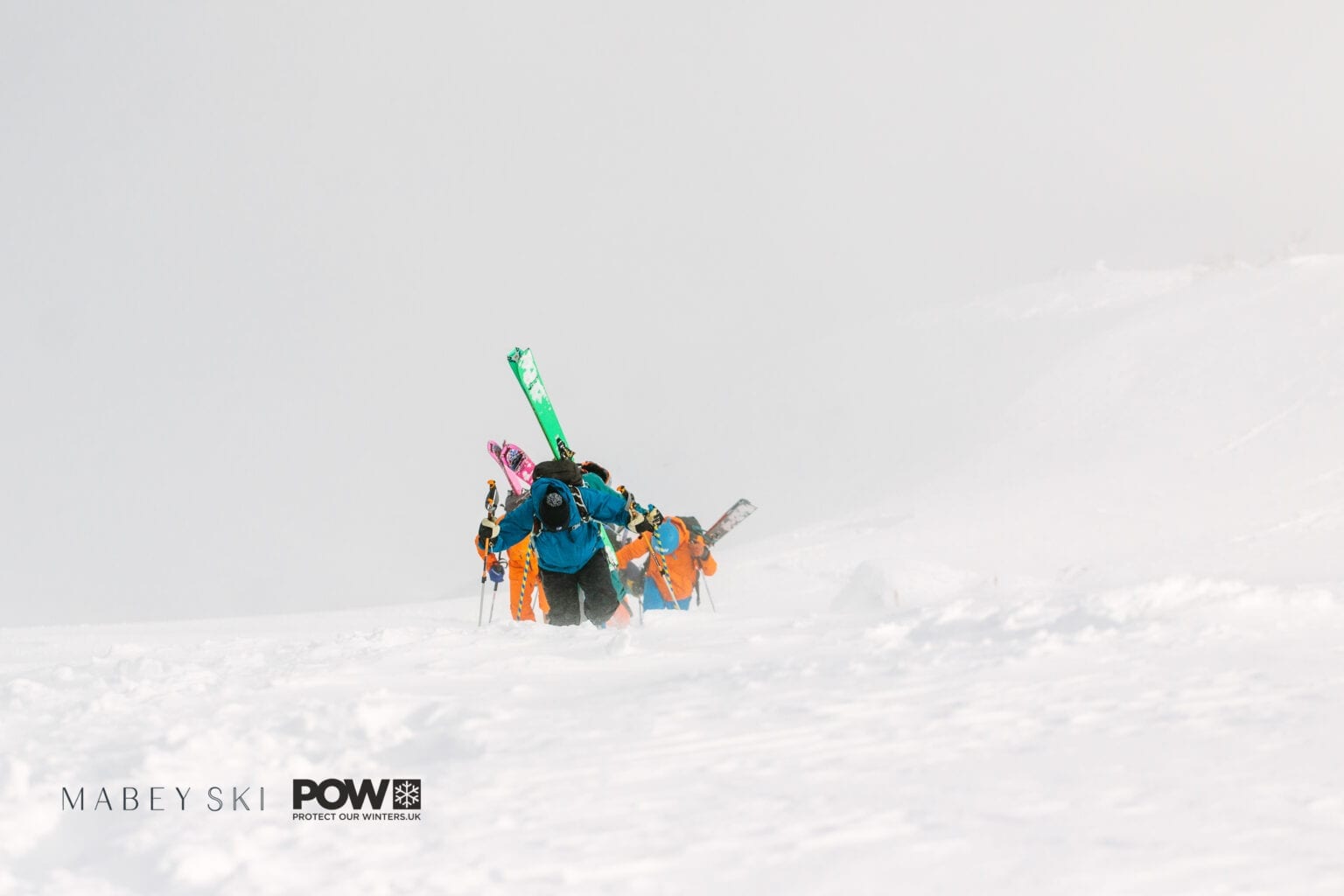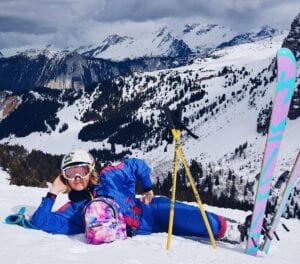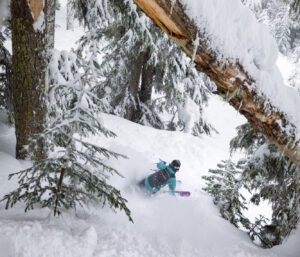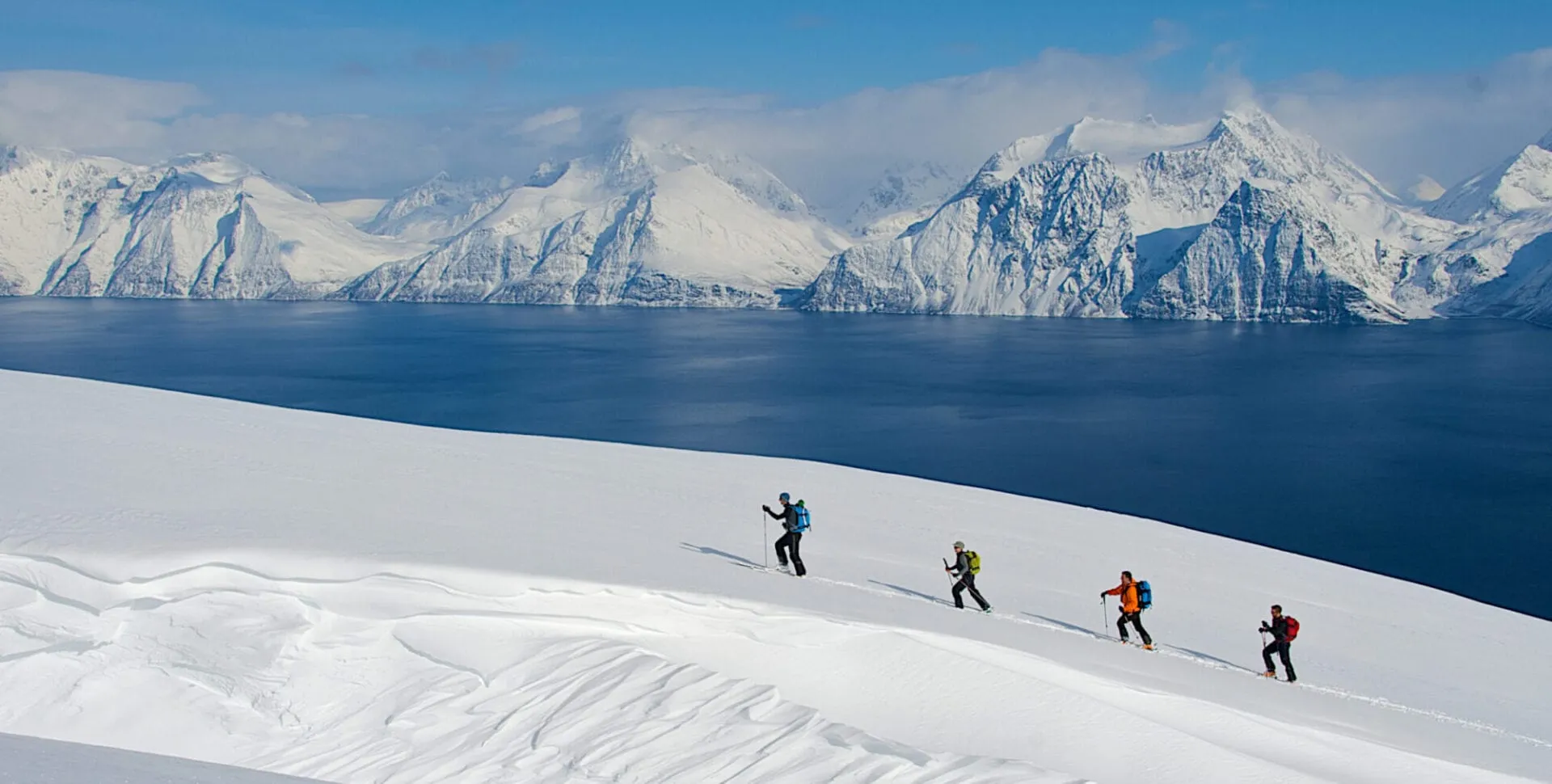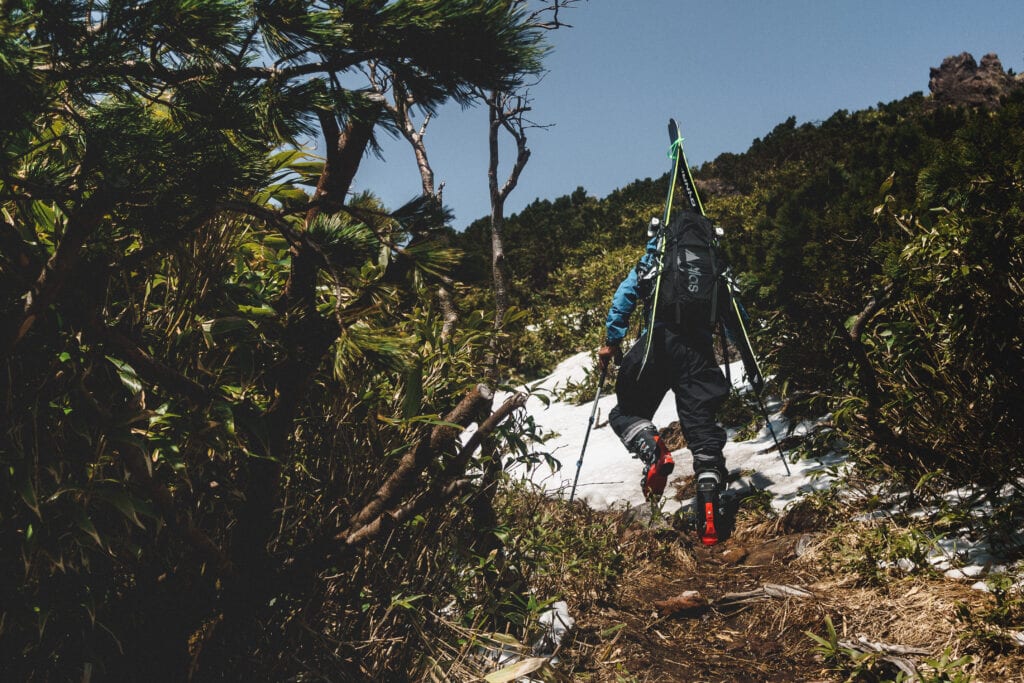
We’ve all experienced a day, or even a holiday, where the snow hasn’t quite met our high expectations. An emerging patch of mud ominously appears on your favourite low-lying tree run. You water ski through the mounds of heavy slush towards that last lift. And upon retreating home at the end of the day, you pretend not to notice that the chalet’s once-ornate icicles have melted away quicker than Lindsey Vonn flies over the finish line.
Such unwanted sights were once bound to the distant months of late spring, at a time when long and fruitful seasons naturally came to an end. But now they occur ever earlier as stark reminders of the reality of climate change, placing the future of skiing at risk unless we act as a community and society to curb our emissions. Thankfully, us skiers are in a perfect place to both react and fight against such a dystopian future and there’s never been a more crucial time to rally for our sport and ecosystems.
The numbers don’t lie
According to the Intergovernmental Panel on Climate Change (IPCC) – the official big dogs in the realm of climate science – the world has warmed by approximately 1.0°C since pre-industrial times. This is largely down to human influence. Since the onset of modern technologies that rely on burning fossil fuels, we have emitted excess levels of CO2 and other insulating gases into Earth’s atmosphere – contributing to the ‘greenhouse effect’ and driving warmer temperatures across the globe. Scientists have plenty of clever ways in which to tie this warming to human or ‘anthropogenic’ activities – often drawing on Antarctic ice cores to prove their point. Looking into tiny bubbles trapped within ice sheets, ancient pockets of air show us that CO2 levels have increased significantly since the point of the industrial era. These, they show, now stand at a level previously unmatched across the entirety of human existence.
Put into the context of a warming planet, the real effect of increasing carbon emissions becomes a little easier to understand, and a little harder to ignore. Under the seemingly small 1.0°C rise in temperatures recorded since the industrial revolution, we’ve seen most of the hottest years on record in the last 35 years. We’ve seen the six warmest years on record since 2014. And to top it off, 2016 was the warmest year out of all of these, with multiple months setting their own records within the year.
Our glaciers are melting
A little closer to home, and the impact of such record-breaking temperatures is already taking its toll on our beloved mountains, glaciers and precious snowpack. For reasons not fully understood yet, the Alps have warmed by approximately 2.0°C against the global 1.0°C average mentioned above – and this has come at a cost.
It doesn’t take much to realise that warming and ice put together spells bad news – specifically in the form of glacial retreat. Across the world, most glaciers are already shrinking or melting away altogether. Between 1980 and 2018, the average glacier tracked by The World Glacier Monitoring Service lost the equivalent of 24 metres off its surface. And unfortunately, retreat has been speeding up pretty consistently year on year – from approximately 9 inches per year in 1980 through to 3 foot per year by 2018 – among those glaciers measured. This in turn has created a growing number of glacial lakes which not only increase melt rate in themselves, but further threaten the livelihoods and water source for billions of individuals around the world.
The impact on our ski resorts
And the impact on skiing and snowboarding? Not so good. If the foundational glaciers that support alpine resorts retreat too far, many will be forced to close their doors forever. This has already spelled the end for smaller low-lying resorts and summer ski destinations, which often lack the capital investment for artificial snowmaking facilities and rely on naturally favourable conditions. Just three years ago, the founder of Whistler’s Camp of Champions, Ken Achenbach, was forced to close his much-loved freestyle ski camp after 27 years. In his final letter to the camp’s loyal following, Achenbach expressed his own concerns over climate change, stating that ‘global warming has decimated the [Horstmann] Glacier and our ability to run a summer camp’. Across the pond the story remains similar, where glacial retreat and consistently unstable snow conditions have already created hundreds of eerily named ‘ghost resorts’ across the Alps.
And if resorts aren’t closing, they’re certainly already feeling the heat. Climate change is gradually encroaching on season length and has already shaved roughly 38 days off the average season since 1960 – bringing those December fun runs and late-season joy rides gradually closer together. Add in increasingly erratic snow conditions, more unstable snowpack and increased avalanche risks, and you’ve got all the unfavourable outcomes of a warming world.
Now for the inspirational ‘pep talk’
You may be ready to close your laptop or lock your iPhone at this point. To resume leisurely browsing through powder day videos and erase everything I’ve just told you from your now-tarnished mind. Yet, taking a step back from the doom and gloom, it’s important to remember that we have time to step up in the name of our snowy oasis. In 2015, nations gathered together in Paris to form a landmark agreement aimed at accelerating climate action. The outcome of the aptly named ‘Paris Agreement’ states that we must keep global temperature increases to well below 2.0°C against pre-industrial levels, and to 1.5°C if we can. Essentially, this needs to happen before the end of this century – bearing in mind that the faster and more drastically we reduce emissions and limit global temperature increases, the better the outcome will be for our planet.
What can I do to help?
So, you ask, how can we powder-hounds, backcountry goers, freestylers, and general snowsports enthusiasts help? The answer lies in both individual and collective action. In order to guarantee the best outcome for our mountains and keep temperature increases to a minimum, we need to achieve ‘net zero’ carbon emissions ASAP. The news, TV programmes, scientists and the entirety of Extinction Rebellion will probably have given you some idea of the steps you can take to reduce your individual carbon footprint. We must eat less or no meat. We should buy locally sourced food that hasn’t travelled across the globe. Use public transport or cycle where possible. Switch to renewable energy providers. Ditch fast fashion and shop responsibly. All of these smaller daily choices can have a big impact when we commit in numbers.
Yet, in order to address the scale of the problem, these actions must be thought of as part of the bigger picture – as the nursery slopes on a mountain with multiple peaks and runs. Making changes at an individual level will equip you with the knowledge and motivation necessary to forward positive change. But perhaps most importantly, adapting household behaviours and getting into the mindset are vital precursors and motives for challenging the global status quo.
Campaigning for systemic change lies at the heart of this. Using your political voice and leverage as a call to action, we can, and are already, effectively lobbying governments to put climate action at the top of the agenda. And whether you’re nestled in the hills of Japan, balanced on a cliffside French chalet, or simply sitting in your living room, there has never been a better time or place to call for climate action and green policies. From virtual lobbies to online declarations – and even letters to your government – using your political leverage is more accessible and crucial than ever before. And as it turns out, it’s a whole load easier to fight for the cause when you can attach it to something as great as the first run of that next season.
Read up on Nickie Mabey’s journal, when she and 6 challengers swapped carbon-emitting chairlifts for touring skis in the 2020 challenge 4 Volcanoes in 4 Days to raise awareness and funds for Protect Our Winters UK.

